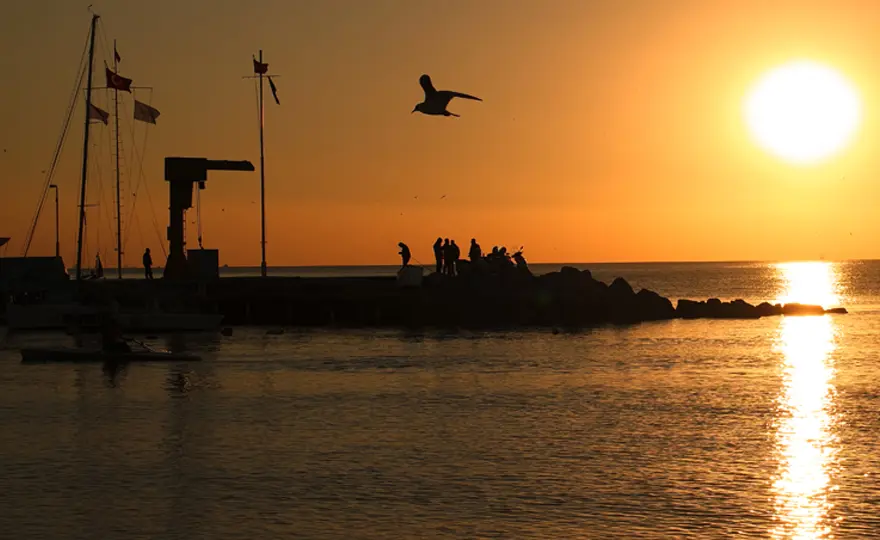ClientEarth Communications
14th December 2016


Overfishing remains a serious threat to the ocean and to industry, as EU ministers once again set quotas with little regard for the law or scientific advice.
The annual limits cover fish in the Northeast Atlantic and North Sea, which supply 70% of fish caught in the EU.
The Common Fisheries Policy (CFP) legally requires fishing to be at sustainable levels by 2020 at the latest. For some stocks, ministers followed scientific advice, setting catch limits at the right level. But in some cases, they ignored it, allowing overfishing to continue.
The catch limits for all fish stocks in the Irish Sea, except herring, were set too high. Quotas for Irish Sea plaice and haddock were set 152% and 61% higher than scientific advice, respectively.
Scientists had advised a 22% cut for haddock, but instead ministers increased the quota by 25%. Although these stocks have been improving, overfishing them now could jeopardise recovery.
For three other Irish Sea stocks - cod, whiting and sole - scientists have been calling for zero catch for several years, yet ministers continue to award quota for these vulnerable stocks.
It is often hard to tell if ministers are following science and the law, because for most fish stocks there is a mismatch between the area covered by the fishing quota and the area covered by the scientific advice.
ClientEarth scientist Liane Veitch said: “While some of the 2017 catch limits are based on EU fisheries laws and sound science, many do not go far enough. Some quotas allow for serious overfishing.
“Ministers must be more ambitious to safeguard EU stocks and speed up benefits to the industry from healthier stocks. Otherwise, their short-term thinking will result in sharp shocks for fishermen and shoppers as the legal deadline for sustainable quotas is only three years away.
“The CFP requires immediate action to make fishing more environmentally sound, with 2020 as the legal deadline for all fishing to be sustainable, without exception.
“If ministers continue to defy scientific advice, industry and the economy will suffer acutely in the next few years. This will be much more disruptive than a gradual move towards more sustainable fishing, which is what the law was designed for.
“With three years to meet the deadline, there is no time to waste. We must follow the science to set sustainable fishing limits, then stick to them.”